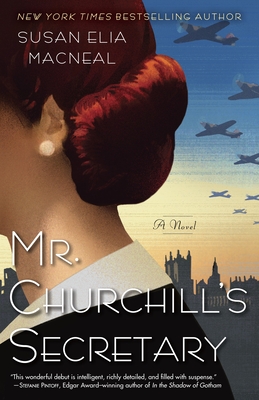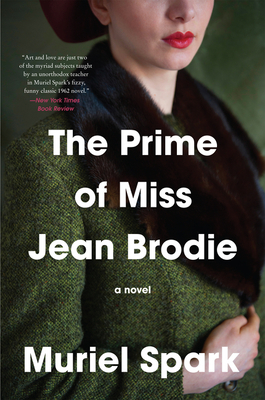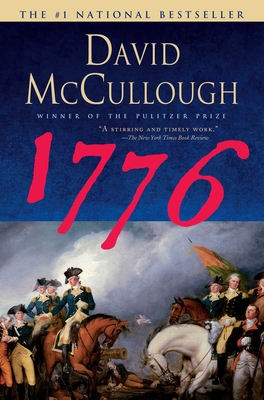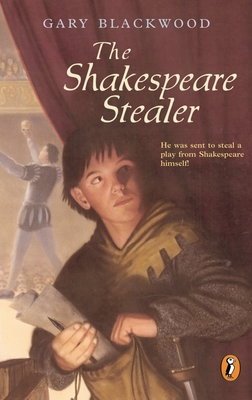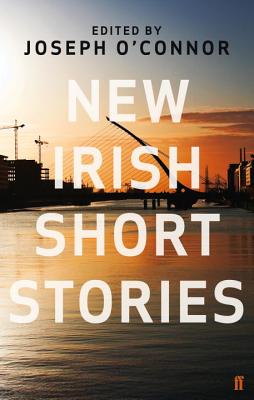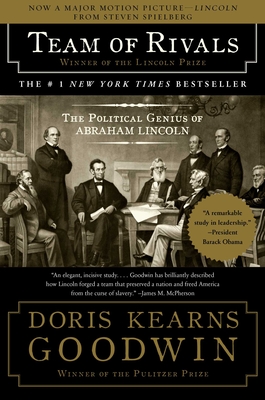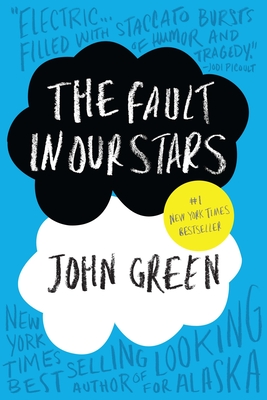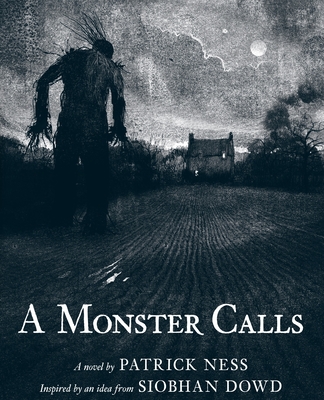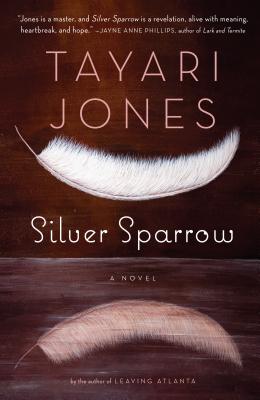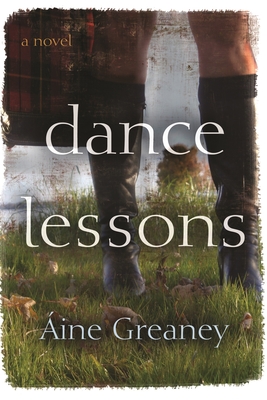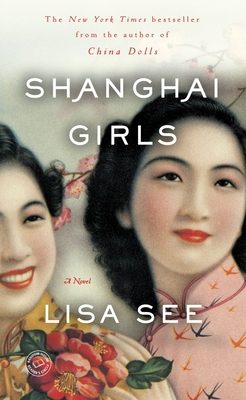
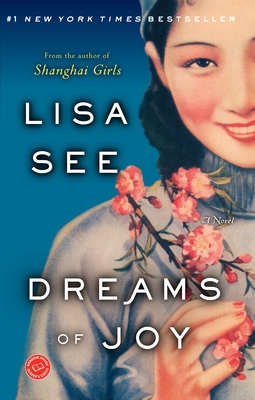
A little while back I was debating whether I should preface my current book club selection (Dreams of Joy) by first reading its precursor (Shanghai Girls). You all were kind enough to give me your opinions on either side of the question, and (based on Sam's (@ Tiny Library) thoughts and the fact that I already owned Shanghai Girls) I ended up going for it.
I'm glad I did. While not necessary for the comprehension of the story in Dreams of Joy, (all the plot points are very well filled in,) reading Shanghai Girls added greater depth to my appreciation and ended up with me enjoying Dreams of Joy more than I would have otherwise, and even more than I did Shanghai Girls itself. Lisa See does have a talent for transporting a reader to another time and place.
Shanghai Girls is the story of two sisters, two "beautiful girls" from Shanghai before WWII, who find themselves desperately trying to escape to America and adapting to lives they neither expected nor wanted. I found the historical aspects interesting: how the Chinese were treated even so many years after the Gold Rush had made them a despised race in California, how the "immigration" process worked, and the details of Chinatown in Los Angeles. However, the use of present tense was very distracting and irritating to me, and there was a chunk of the book that felt like filler before the frantically paced ending.
Dreams of Joy picks up where Shanghai Girls leaves off, and I must say that it was pretty satisfying to be able to jump into it soon after finishing Shanghai Girls. I'm rubbish at reading sequels and series: if it hadn't been a book club choice, I wouldn't have read either one. That's one of the things I love about my book group: it forces me to branch out. I've discovered some fabulous titles and authors that way.
Covering a point of history that I was abysmally ignorant about, (The Great Leap Forward in China in 1958,) Dreams of Joy was very interesting for me on the historical end. Between seeing the difference between city life and country life, seeing how the socialist/communist government progressed, and getting a peek at the role art played in the whole propaganda scheme, I couldn't set the book down.


(images of propaganda posters (incredible agriculture!) courtesy of Wikipedia)
From Shanghai Girls:
"Because inside we still carry the dreams
of what could have been,
of what should have been,
of what we wish we could still be."
So now that I've finally been coerced into reading Lisa See, I'm glad to have had the experience. While being distinctly "contemporary fiction" in the sense that it is fairly quick to read and is more about the plot than anything else, I still found it enjoyable and came away having learned about a period of history I hadn't known about before.



